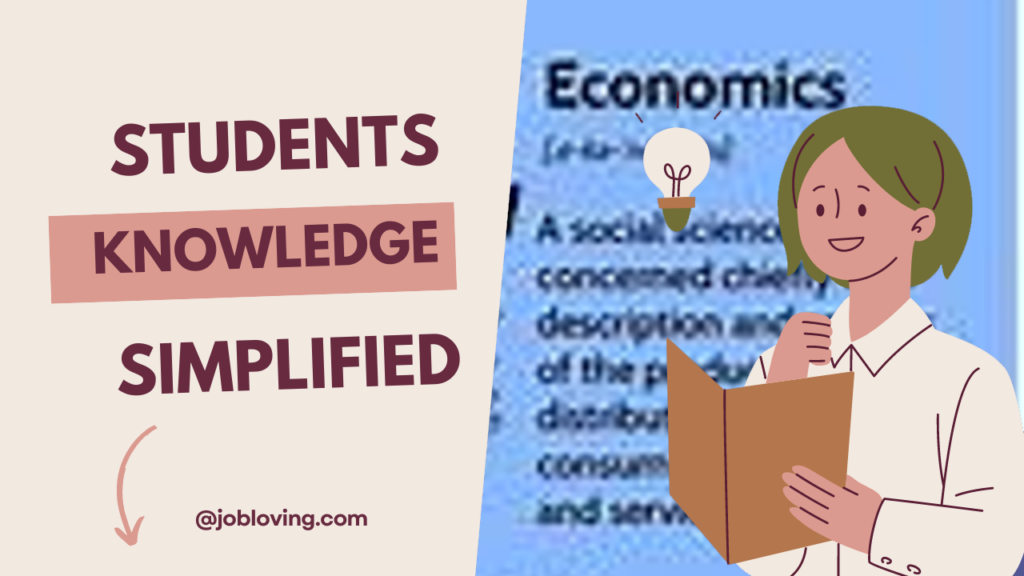Economics is an incredibly fascinating field that dives deep into the creation, consumption, and transfer of wealth. At its core, economics is like a grand performance featuring the intricate dance of supply and demand, individuals making choices, and firms striving for profit while attempting to offer value. This discipline isn’t just about money; it weaves its way into the very fabric of our everyday lives, influencing every choice we make, whether we recognize it or not.
Think of economics as two main players: microeconomics and macroeconomics. Microeconomics zeroes in on how individuals and firms navigate their decisions to produce goods and services, as well as how they consume them. Picture the baker carefully figuring out how many loaves of bread to bake given the price of flour and the expected number of customers. This is microeconomics in action, showcasing the nitty-gritty of individual choice and firm behavior.
On the broad stage, we have macroeconomics, which takes a look at the bigger picture—mass economic progress, national growth, and the ways countries trade with each other. It seeks to unpack phenomena like inflation, GDP, and the ever-elusive unemployment rate. Just think about how macroeconomic decisions shape national policies and affect our daily lives: a raise in interest rates can make borrowing more expensive, altering our plans for big purchases like homes and cars.
The discipline also extends its reach into a multitude of fascinating subfields. Development economics focuses on how to elevate economic conditions in developing countries, aiming for sustainable solutions. Then we have behavioral economics, which merges psychology with traditional economic thought, offering us insights into why we buy that extra cookie, even when our diet says “no.”
Also noteworthy, econometrics brings rigorous statistical methods into the mix, creating a bridge between theory and reality. By applying these techniques, economists can develop models that test their hypotheses against real-world data—effectively turning abstract theories into tangible insights that inform policy or highlight trends.
Understanding the ins and outs of economics equips you with tools to tackle pressing societal issues. For example, through the lens of labor economics, we can analyze wage discrepancies and employment trends to address gender disparities or the gig economy. Similarly, public economics sheds light on effective taxation and government spending, shaping policies that aim for fairer wealth distribution.
Even at a granular level, our personal lives revolve around economic principles—making decisions about loans, investments, and our futures. Economics unveils why some societies thrive while others struggle, offering a deep dive into resource scarcity and decision-making within various social contexts.
Engaging with economics isn’t simply for aspiring economists; it shapes how we interact with the world. Be it understanding a news headline about inflation or methodically planning your retirement, economic literacy significantly enhances one’s ability to navigate the complexities of modern life. So, next time you’re pondering why prices rise or what drives international trade, remember: economics isn’t an abstract study. It’s deeply intertwined with the very pulse of society, steering us towards informed choices and better understanding of our world.
What role does economics play in understanding societal challenges and public policy?
Economics provides essential tools for analyzing critical societal issues, fostering informed citizens and effective policy-making. By examining resource allocation, wealth distribution, and market behaviors, economics shapes public policies that affect taxation, spending, and social welfare.
How does the study of economics intersect with other disciplines?
Economics intersects with various fields such as political science, sociology, psychology, and environmental studies, showcasing its interdisciplinary nature. This integration enhances the understanding of complex issues like gender disparities in labor markets, urbanization, and health economics.
In what ways does understanding economics empower individuals in their personal and professional lives?
Knowledge of economics equips individuals to make informed financial decisions, interpret news, and engage in public discourse. It enhances analytical thinking and decision-making skills, which are highly valued in the job market across diverse career paths.
What insights can economics provide regarding global disparities in wealth and development?
Economics reveals why some countries prosper while others face persistent poverty and challenges. By studying wealth creation, consumption, and transfer, economists can analyze systemic inequalities and propose solutions for sustainable growth in developing nations.

